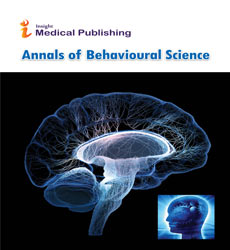Abstract
Consumer Attitude and Behavior of Religious Consumers towards Offensive Advertisements
The study attempts to investigate the effect of controversial advertisements on consumer attitude, behavior and purchase intention of religious consumers. The study also aims to investigate what difference of attitude is prevailing between men and women. 200 participants ranging in age from 20 to 25 at first were randomly selected. Religious Commitment Inventory – 10 was distributed to the 200 participants. 40 participants (20 males; 20 females) having the highest and nearly equal scores on the RCI-10 were selected. The selected participants were shown censored advertisements first and the responses were collected on Consumer Attitude Questionnaire and Juster’s 11 Point Probability Scale. After collecting the questionnaires, participants were shown uncensored versions of the same advertisements, and responses were then collected again on same scales. The analysis of results using t-test and Pearson correlation co-efficient suggested that controversial advertisements negatively affect the consumer attitudes of religious consumers; moreover females with high religiosity are more offended by controversial advertisements as compared to males with high religiosity. However, the analysis of results showed that consumer attitude is not a strong predictor of consumer behavior, as there might be other mediating and moderating variables that shape the ultimate purchase intention and consumer behavior.
Author(s):
Alina Rashid, Nasar Khan
Abstract | Full-Text | PDF
Share this

Google scholar citation report
Citations : 153
Annals of Behavioural Science received 153 citations as per google scholar report
Abstracted/Indexed in
- Google Scholar
- China National Knowledge Infrastructure (CNKI)
- CiteFactor
- Cosmos IF
- Directory of Research Journal Indexing (DRJI)
- WorldCat
- Publons
- Secret Search Engine Labs
Open Access Journals
- Aquaculture & Veterinary Science
- Chemistry & Chemical Sciences
- Clinical Sciences
- Engineering
- General Science
- Genetics & Molecular Biology
- Health Care & Nursing
- Immunology & Microbiology
- Materials Science
- Mathematics & Physics
- Medical Sciences
- Neurology & Psychiatry
- Oncology & Cancer Science
- Pharmaceutical Sciences

